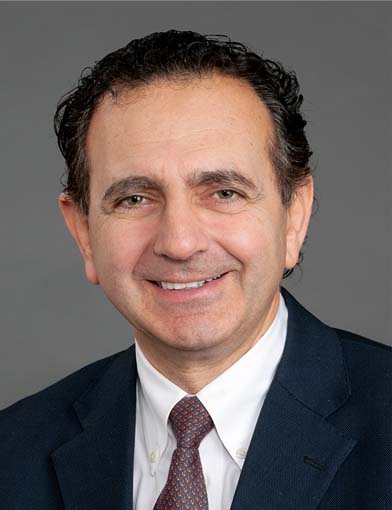The Wake Forest Institute for Regenerative Medicine (WFIRM), part of Wake Forest University School of Medicine, leverages research discoveries to advance health care in our health system and beyond – eventually extending all the way into the solar system.
Two teams of scientists from WFIRM won first and second place in NASA's 2021 Vascular Tissue Challenge – a prize competition that aims to accelerate tissue engineering innovations and strategies for making tissues with artificial blood vessels. The research will help inform future efforts to vascularize tissue for human clinical use someday while also potentially accelerating pharmaceutical testing and disease modeling. The ability to create engineered organs developed from a patient’s own cells so there will be no risk of rejection or the need for anti-rejection drugs, has the potential to help end the organ shortage. Related to space research, the tissue models can be used to study how radiation exposure affects the human body and develop strategies to mitigate damage.
The two WFIRM teams both used 3D bioprinting technology to create liver tissue constructs that were vascularized and able to mimic the human liver function in the body and survive for 30 days in the lab – engineered tissues are usually implanted right back so that they can reconnect.
Previously, WFIRM was also selected by NASA to lead a multi-institutional project to better understand the health risks astronauts face from exposure to galactic cosmic ray (GCR) and solar energetic particle (SEP) radiation that occurs from long-duration missions in deep space. The NASA grant totaled $3.4 million over four years and funded research to understand the impact of conditions presented during long-duration space travel and the effect it can have on human health.
 |
“The NASA challenge provided an opportunity to push our teams forward to think differently and come up with creative approaches. The next step of this project is to take both of these technologies up to the International Space Station.” - Anthony Atala, MD |
WFIRM, is making a global difference in regenerative medicine through collaborations with over 400 entities and institutions worldwide, through its government, academic and industry partnerships, its start-up entities, and through major initiatives in breakthrough technologies, such as tissue engineering, cell therapies, diagnostics, drug discovery, biomanufacturing, nanotechnology, gene editing and 3D printing.
Scientists and researchers at WFIRM also are working to develop treatments that apply regenerative medicine to battlefield injuries for wounded warriors, replacement organs and tissues to reduce the need for donor organs and tumor organoid technology to transform cancer care. Additionally, WFIRM scientists are focused on cell and gene therapy research aimed at ways to heal diseased or damaged tissues rather than to replace them and basic and translational research to develop optimal prenatal treatment approaches for genetic disorders and other life-threatening conditions.
